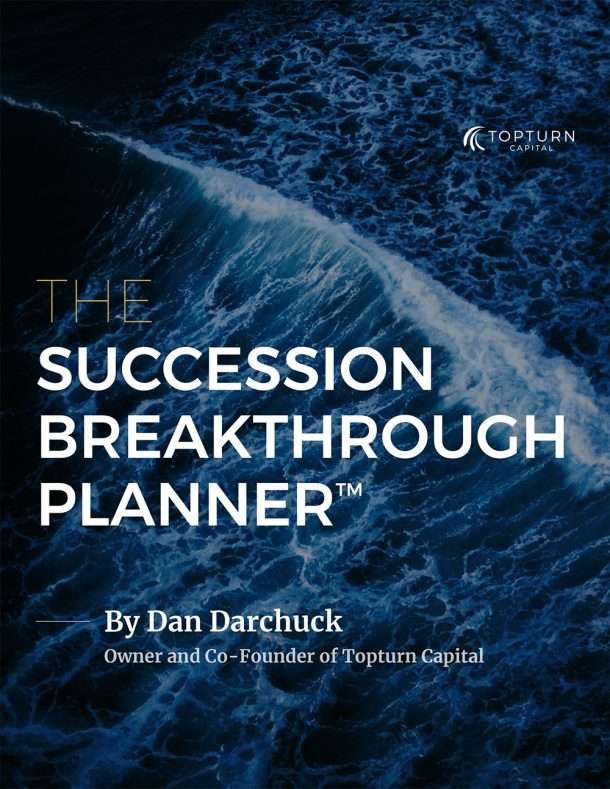
How long would you wait for a marshmallow?
When psychologist Walter Mischel conducted his famous study on delayed gratification at Stanford University in 1972, he offered preschool children a marshmallow on a plate.
Of course, there was a catch. They could eat the marshmallow right now, or if they could wait 10 minutes… with the marshmallow in front of them… and no one else in the room to see what they do… they would receive a second marshmallow, in addition to the first.
After the test, researchers followed the children for about 40 years and found that those who could delay and hold out for two marshmallows often had greater success in life.
I’ve thought about what I would have done had I been one of the children participating, and I honestly think I could have left the marshmallow alone.
However… I also read that the experiment was later repeated using animal crackers. Now, if they were the plain, boring animal crackers, no problem. BUT if they were the pink and white frosted version like my wife keeps hidden in our pantry for when our grandkids visit, I would likely have been doomed to failure as an adult. Just saying.
While the study in question has had many follow ups with varying outcomes, what remains constant is that the ability to delay gratification increases the likelihood of success in numerous arenas – including building wealth.
I see at least two truths to this, and the first is fairly obvious. If we can hold off on discretionary spending in the short term, we’ll have greater opportunity to accumulate wealth over the long term.
Working against us are false perceptions of what we believe to be typical, whether we’re seeing other people’s homes and lives in reality, or – much worse – on social media.
Talk about a race in which it’s easy to feel we are constantly losing ground!
Ready access to credit makes it much easier to make impulse purchases of things we become convinced will improve our lives.
Of course, as you know, this constant upkeep of a lifestyle that, perhaps, wasn’t entirely planned, can have a truly detrimental impact on our ability to accumulate savings, invest, and grow wealth.
Which brings me to my next truth… one that many might not expect –
Often, the more money we have accumulated, the easier it becomes to forego discretionary purchases.
This is actually one of the pushbacks that the Marshmallow Test received. Children who experienced poverty and food insecurity were far more likely to take the marshmallow in front of them rather than wait for the seemingly mythical second marshmallow to arrive.
Think about it. When we are under stress, don’t we often have a stronger tendency to spend on discretionary items that we really don’t need? I believe this is referred to as “retail therapy”.
By contrast, to the extent we’ve accumulated wealth, particularly of a fairly liquid variety, stress is generally reduced, making it easier to forgo unnecessary expenses, which then increases your wealth further…
We are either on an upward spiral, or in a box trap, each of our own making.

